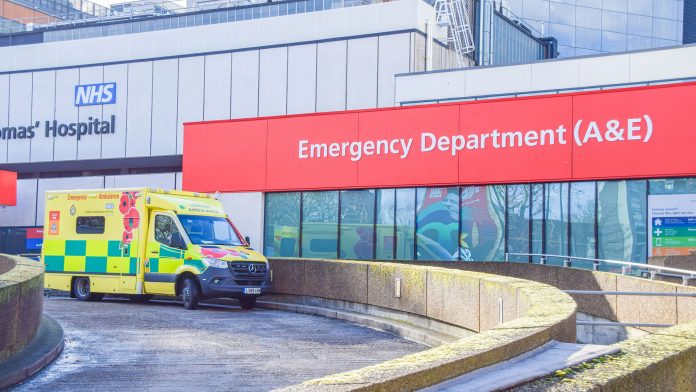
Patients must continue to use emergency services during the upcoming NHS strikes if they require medical attention.
NHS union groups are currently in dispute with the Government over 2022/23 pay award. This has led to staff partaking in NHS strikes, including members of the Royal College of Nursing (RCN) are striking on the 15 and 20 December 2022, and members of the GMB, Unite and Unison (ambulance staff) are striking on 21 December 2022 and members of GMB (ambulance staff) are striking on the 28 December 2022.
However, the Deputy Chief Nursing Officer Charlotte McArdle urges patients to come forward for emergency care during the NHS strikes.
Preparing for NHS strikes and the ongoing challenge of winter
Last week, the NHS issued statements across NHS websites and social media urging patients who need urgent medical care to continue to utilise emergency services. This is especially true in emergency and life-threatening cases.
The NHS is contacting people whose appointment needs to be rescheduled due to the strike action. If the NHS has not contacted patients, appointments will go ahead as planned.
General practice, community pharmacies and dentistry are not impacted by the action.
Hospitals have prepared extensively for NHS strikes and for winter, with plans in place to help with surges in demand.
NHS deputy chief nursing officer Charlotte McArdle said: “No one should hesitate in coming forward for emergency care tomorrow – it is vital anybody needing non-life threatening care should use 111 online and people should always call 999 in a life-threatening emergency.
“Across the country, pharmacies and GP services will be operating as normal and patients should reach out to these local services as they normally would.
“While strikes will cause inevitable disruption to services, local NHS teams have worked hard to maintain as many appointments as possible, so it is important people attend appointments as planned unless they have been contacted for it to be rearranged.”
The NHS is planning for minimal disruption to NHS services
Data confirms that 44 NHS trusts in England are expected to be affected during the NHS strikes. However, NHS England and local NHS areas have plans in place to ensure lifesaving care continues and to minimise disruption to patient care.
Furthermore, regional and national teams will offer support to local areas needing further assistance during the NHS strikes to maintain services.
NHS medical director Professor Sir Stephen Powis said: “NHS teams have worked and continue to work hard to minimise disruption from strikes due to take place this month but there will be disruption to services.
“While patients may see different types of staff striking on different days, or their local NHS services impacted by strikes on some days but not others, the things patients should do to access NHS care remain the same.
“People must call 999 in any life-threatening emergency during strikes as well as attending pre-booked appointments as planned unless they have been contacted by their local NHS for it to be rearranged.”








